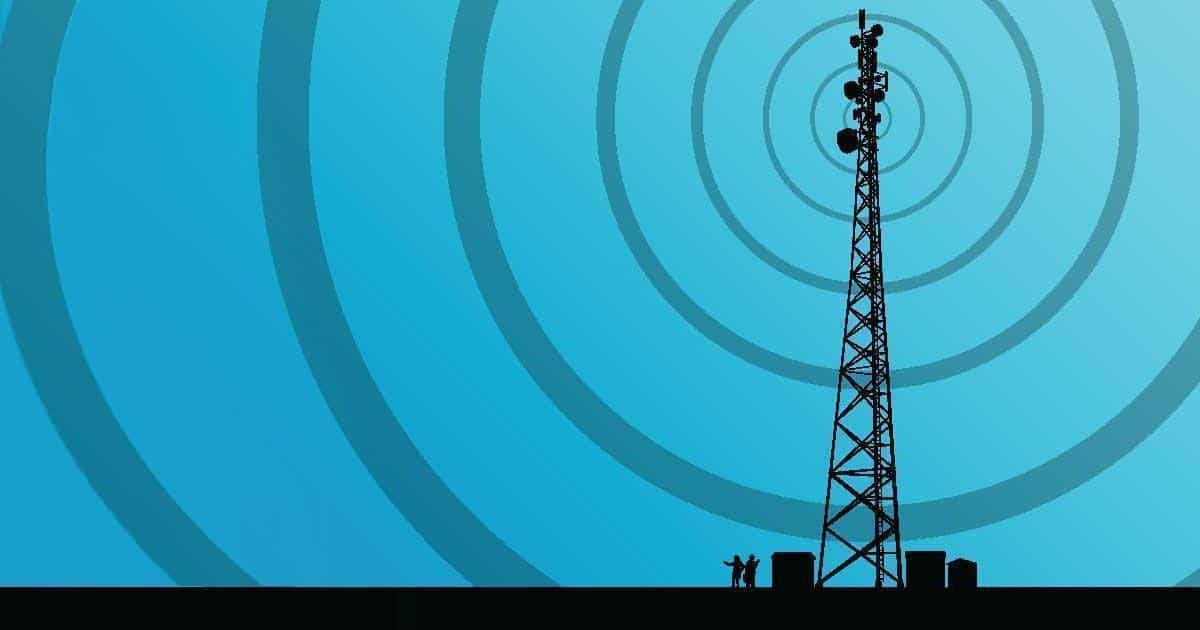What data only your phone gives without one hacking; A couple that taxiin Australia was diagnosed with the coronavirus and in an attempt to find everyone they had come into contact with during their stay in the country, authorities turned to the phone tracking system commonly used to track down criminals.
Australian authorities said they turned to these systems because they wanted to know exactly where the couple was in the country so they could find anyone who may have been exposed to the coronavirus.

The phone tracking system does not need more than one mobile phone number to work, because technically, it can access the data stored by the cell phone providers to locate a device.
No physical access to the device is required and no cloud data is required.
Mobile operators in Australia are required to store metadata for a period of two years. Similar laws exist in other countries, although there are always minor differences. But this data is more or less enough for the mobile provider or the authorities to find out enough details about the owner of a device.
The tracking system automatically collects location information when the device is connected to a cell tower, so from a technical point of view, the authorities are able to determine things like your address, where you work, where you go on vacation, and track routes based the data recorded.
Google has confirmed that it has Hangouts data to the authorities
What information do mobile operators collect? Let us mention once again that it depends on the state, but using only your phone number, without physical access to the device or hacking, the following data is recorded:
- The location of the device when you make a call
- The contact number you are calling
- The date, time and duration of the call
- The contact who calls you
- The contact to whom you are sending a text message
- The location you are in when sending a text message
- The date and time you send text messages
- The email address you use to send an email
- The email address of the contact to whom you are sending an email
- The date and time you send an email
- The size of the attachments in the emails and the file formats used
- Her IP connectionyour on the Internet
- The location where the phone connects you to a cell tower
- The unique ID number of a mobile phone
With all this, and by using location data, the authorities can very easily create a profile for each person.
On the other hand, the following sensitive information is not recorded:
- Phone calls
- The content of text messages
- The content of emails
- Email attachments
Telephone surveillance systems are not used to monitor the entire population and are typically used only for criminals. But the data is recorded by everyone.
In most cases, a warrant is required for the authorities to have access to the data collected, but there are cases where this can be done without a legal request.
In Australia, for example, metadata, which includes all of the above, is available in 22 government services without a warrant.
In Europe Union the data retention directive requires certain data to be stored from 6 months to 2 years for the investigation, detection and prosecution of crimes.





